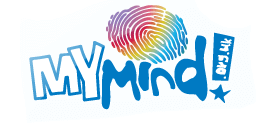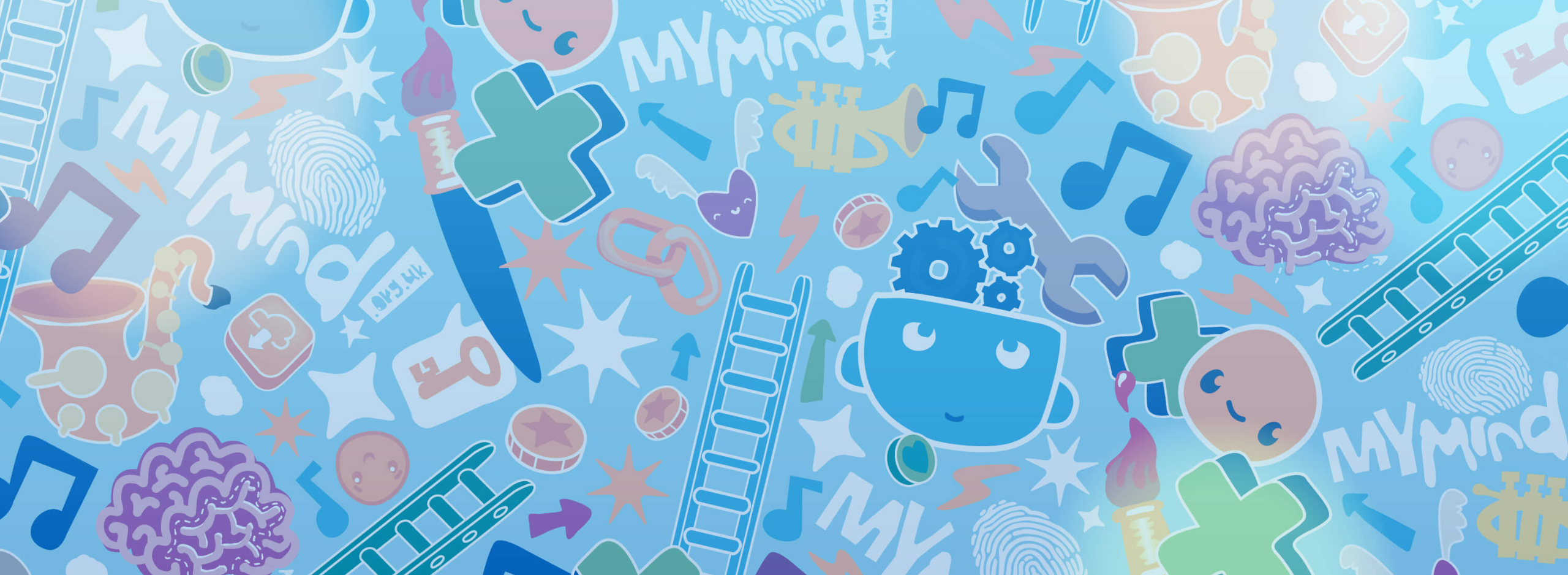Anger is a normal feeling that everyone experiences sometimes. However, for some children and young people, feelings of anger can develop into more of a problem. Being able to spot the signs of anger early can help you manage the feelings better. When you start to get angry, you may notice that:
- Your heart beats faster
- Your muscles tense
- You clench your teeth
- You make a fist
- Your stomach churns
An important part of managing feelings of anger is being able to speak about how we feel to others, and talking this through with someone can help you find out what is triggering your anger.
It's important to find coping strategies that work for you when it comes to managing your anger. Some strategies that people find helpful include:
- Counting to 10
- Walking away from the situation that has made you feel angry
- Breathing slowly and deeply
- Clenching and unclenching your fists to ease tension
- Talking to someone you trust
- Going to a private place to calm down
The following resources and information may also help you if you are struggling with feelings of anger.
Young Minds
Everyone gets angry sometimes, but there are ways to show your anger without harming yourself or others. If you’re finding it hard to control your behaviour, Young Minds has tips on their website that can help.
Visit the Young Minds website.
Childline
It’s healthy and natural to get angry sometimes, but there are ways to show it without hurting yourself or other people. If you’re struggling to control your behaviour, Childline can support you.
NHS
Anger can cause many different symptoms. It might affect how you feel physically or mentally, or how you behave. Support is also available if you're finding it hard to cope with stress, anxiety or depression. The NHS website has some useful information.
Mood Juice
Mood Juice is designed to help you think about emotional problems and work towards solving them.

